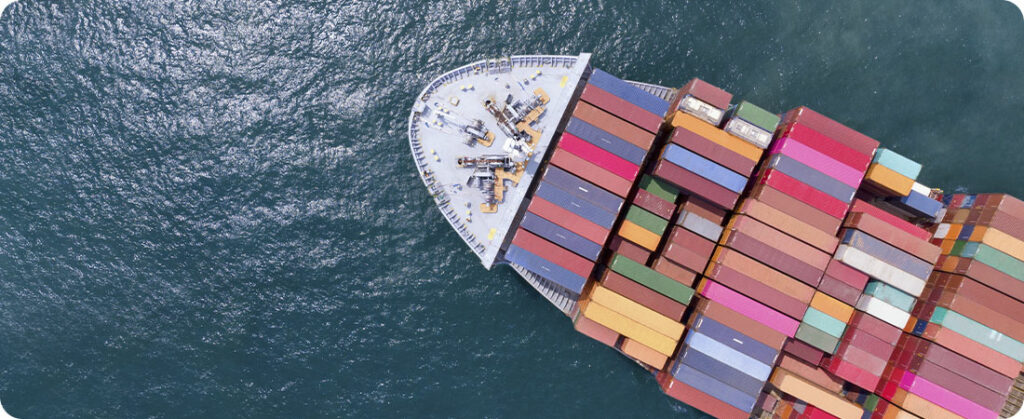
Houthi rebels in Yemen attack ships in the Red Sea with drones and missiles, affecting shipments of grain and dry bulk. Significant impact. Previously limited mainly to the container segment during the early stages of the crisis, they now directly affect the transport of bulk products such as cereals.
According to Alexander Karavaytsev, senior economist at the International Grains Council (IGC), the recent situation has led ships to avoid Suez Canal, which connects the Red Sea to the Mediterranean Sea. Shipping data shows grain and oilseed volumes in December were 20% lower than the previous month, and below December 2022 and the average over the past three years. This significantly affected deliveries through the channel.
Karavaytsev analyzed wheat flows from the EU, Russia and Ukraine to Asia and Africa via the Suez Canal. During December, alternative (non-Suez) routes for these flows were above normal, increasing further in January, according to preliminary transport data.
Major shipping companies such as Maersk, Hapag-Lloyd and Mediterranean Shipping Co. have suspended operations in the Suez Canal. Consequently, this increases travel costs and time.
On the other hand, according to Karavaytsev, the rerouting of the European Union and the Black Sea countries through the Cape of Good Hope leads to an increase in travel time by 10 to 15 days and freight costs by about 6 to 8 dollars per ton.
Source: Leonardo Gottems | agrolink










